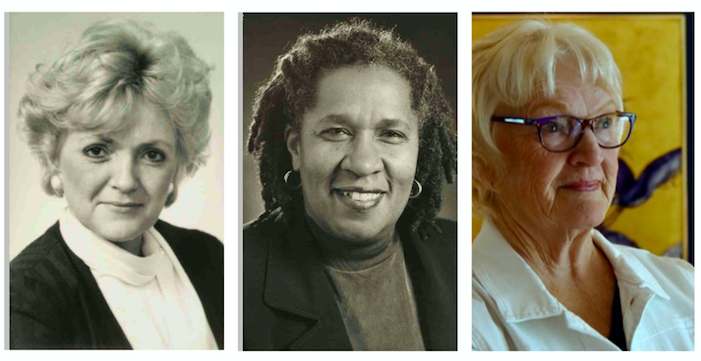This week on Off Script, we explore the unique experiences of the women who ran for and won seats in the Nova Scotia legislature – the challenges they faced in getting there, and the challenges awaiting them once they arrived.
Did you enjoy this episode? Rate this podcast in Apple Podcasts. It really helps support the podcast.
Subscribe to the Off Script podcast in your favourite podcast listening app:
Apple Podcasts | Overcast | Pocket Casts | Stitcher Radio | PlayerFM | Castbox | BeyondPod | Podbean



